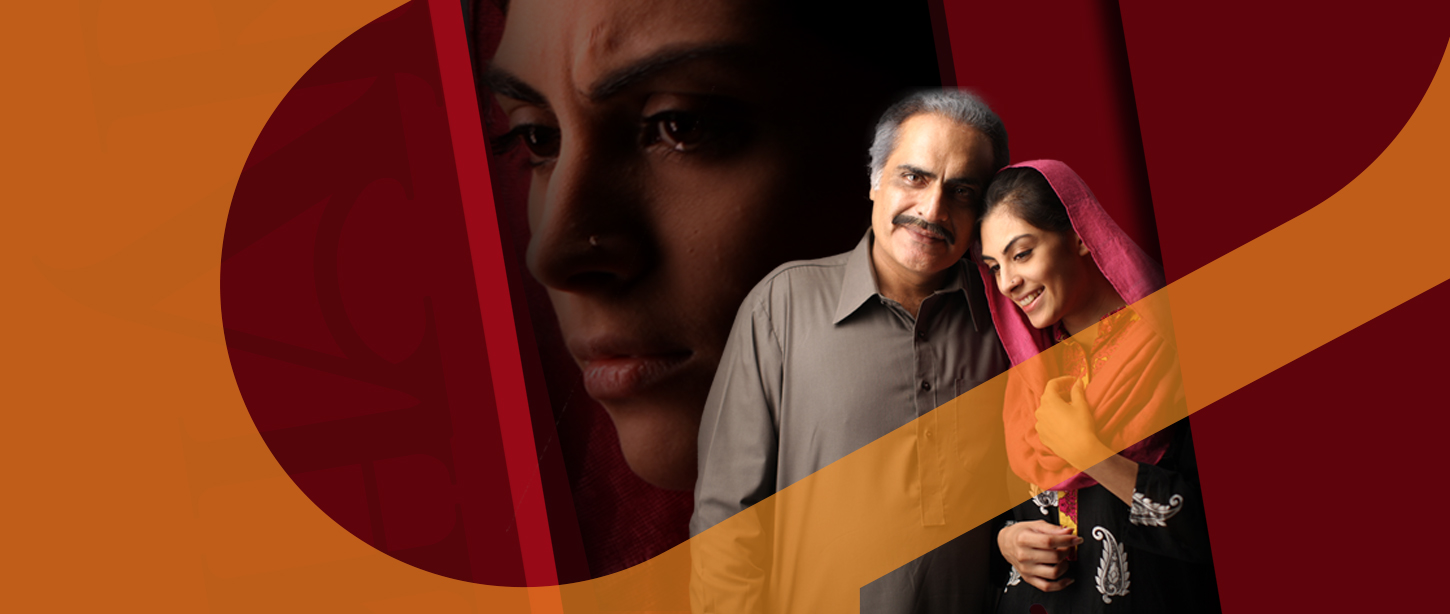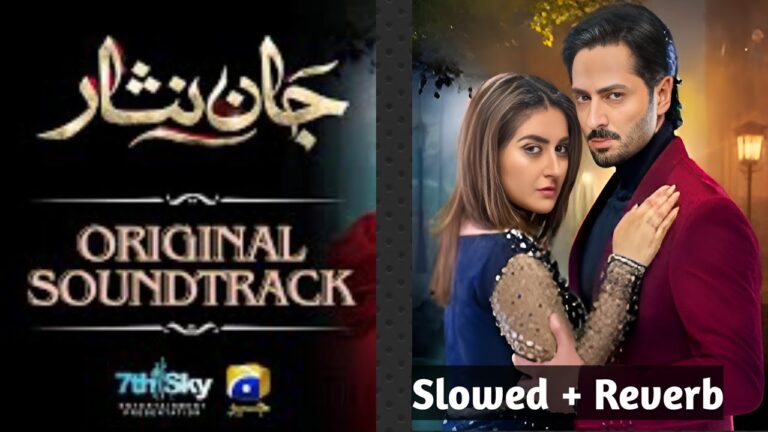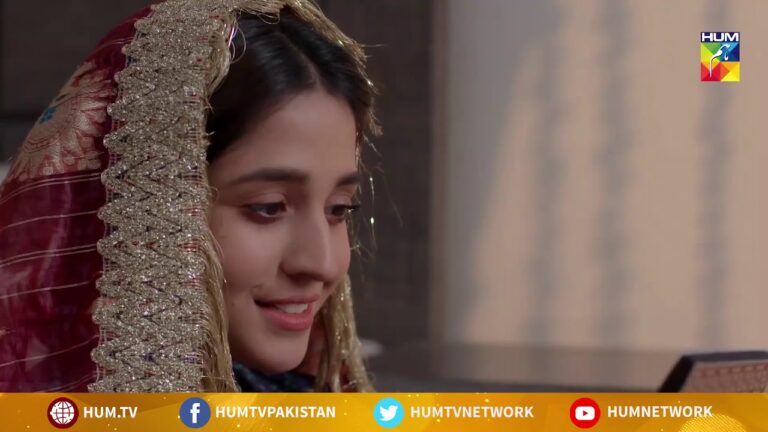Kohar Drama Review: Kohar, a gripping Pakistani drama, delves into the harsh realities of feudalism, social injustice, and the unwavering fight for love and honor. This review explores the intricate plot, dissects the characters’ motivations, and analyzes the drama’s social commentary.
A Story of Love, Defiance, and the Fight for Justice
Kohar centers around Zoya (Sajal Aly), a spirited young woman trapped in the confines of a feudal society. Zoya falls in love withAahil (Hamza Ali Abbasi), a man from a lower social class. Their love story ignites a conflict with Zoya’s powerful family, who are determined to uphold their social standing and honor. The narrative unfolds as Zoya and Aahil defy societal norms and fight for their right to be together, facing brutal consequences and challenging the iron grip of feudalism.
Characters Defined by Love and Conviction
-
Zoya: Sajal Aly delivers a powerful performance as Zoya, a woman who embodies courage and unwavering love. Aly portrays Zoya’s defiance, vulnerability, and resilience with remarkable depth, making her a character who inspires viewers to fight for what they believe in.
-
Aahil: Hamza Ali Abbasi portrays Aahil, a man driven by love and a sense of justice. Abbasi’s performance showcases Aahil’s determination to protect Zoya and his unwavering fight against social injustice.
-
Supporting Cast: The supporting cast adds layers of complexity to the narrative. Adnan Siddiqui, as Zoya’s domineering father, represents the rigidity of the feudal system. Sania Saeed, playing Zoya’s understanding grandmother, highlights the presence of empathy within the harsh societal structure. These characters enrich the story, showcasing the various forces that shape Zoya and Aahil’s struggle.
Social Commentary: A Call to End Feudalism
Kohar transcends a love story; it’s a powerful social commentary on:
-
The Evils of Feudalism: The drama sheds light on the oppressive nature of feudalism, a system that prioritizes social standing and wealth over individual rights and freedoms. Zoya and Aahil’s struggle becomes a symbolic resistance against this outdated system.
-
The Importance of Love and Justice: The drama emphasizes the power of love to defy societal norms and the significance of fighting for justice against oppression. Zoya and Aahil’s unwavering love inspires viewers to challenge social injustices and fight for what is right.
-
The Price of Defiance: The drama portrays the brutal consequences faced by those who dare to challenge the status quo. Zoya and Aahil’s suffering highlights the need for social change and the courage it takes to fight for a more just and equitable society.
Beyond the Narrative: Production and Impact
Kohar’s success lies not just in its compelling story but also in its exceptional production value. The direction by Farooq Rind creates a visually stunning experience, effectively capturing the grandeur of the feudal setting and the intensity of the characters’ emotions. The drama’s soundtrack, featuring powerful music, complements the narrative’s themes of love, defiance, and the fight for justice.
The impact of Kohar was significant. It sparked national conversations about the enduring presence of feudalism in Pakistani society, the importance of challenging social injustices, and the power of love to overcome societal barriers. The drama resonated with viewers who yearn for a more just and equitable society. Its legacy continues to inspire future narratives that explore themes of social change, defying oppressive traditions, and the fight for love and freedom.
A Lasting Legacy
Kohar is more than just a drama; it’s a call to action for social reform. The drama leaves a lasting impression with its relatable characters, thought-provoking themes, and its message of fighting for love, justice, and a more equitable society. Even today, it remains a relevant watch, reminding viewers of the enduring struggle against feudalism, the importance of love and courage, and the hope for a brighter future free from social oppression.










+ There are no comments
Add yours